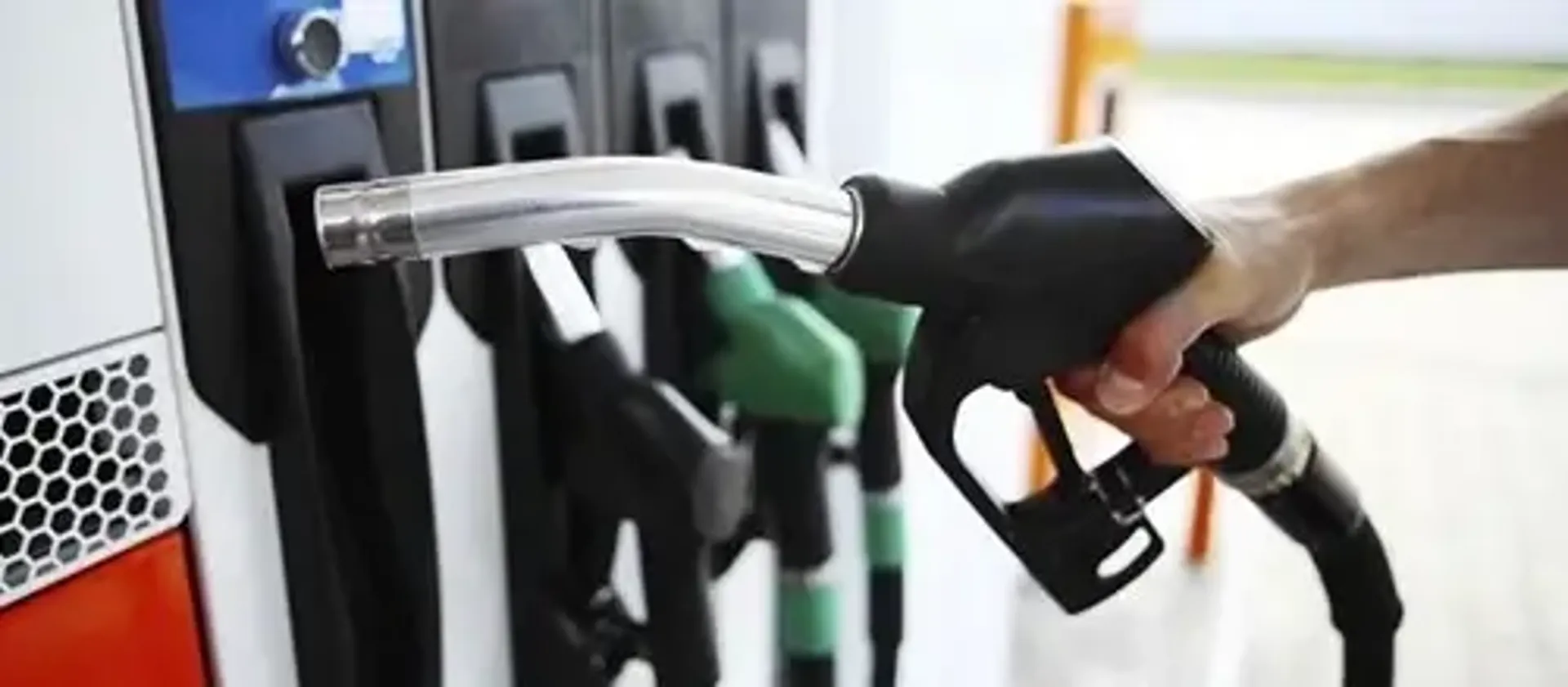
Though most of your vehicles will be flat out every day, there may be a couple in your fleet that are older and don’t get used very often or times when you have to take your car or van off the road temporarily. If this is the case, you might be wondering if the petrol or diesel in it is still good to use or not. Knowing how to tell when fuel has gone bad or if it will damage your vehicle can help you avoid expensive repair bills later. This article will give you all the information you need to know about storing fuel correctly and what to do if the petrol or diesel in your tank has expired.
Will fuel go off in a vehicle tank?
If you filled up your car or van with petrol or diesel and haven’t driven it for six months or more, then starting it up might cause damage to the engine. Fuel starts to degrade if it's stored for more than half a year, meaning it won’t ignite effectively when you turn the key. If the vehicle has been sat still for more than six months or it's been stored in high temperatures, the fuel might even have oxidised. This means it will be thicker and contain impurities that can block up parts of a vehicle’s system if it passes through.
So, if a tank is full of old fuel, it will need to be drained and refilled so it can be started safely. Alternatively, if the tank is only partially full, topping it up with new fuel can be enough to rejuvenate it and prevent any blockages in the system or problems with ignition.
How do you know if fuel has expired?
As well as knowing how long fuel has been stored in a container or kept in a tank, you can tell if petrol or diesel has expired by its look and smell. If the fuel looks dark or muddy in appearance or it has a sour, spoiled smell that isn’t typical of petrol or diesel, then it’s likely to have gone off. If you try to start the vehicle and the ignition doesn’t kick in immediately, this is also an indication that the fuel has expired.
Will driving with old fuel damage a vehicle?
There are two stages to fuel expiration, degradation and oxidisation. If the petrol or diesel has only degraded, then the vehicle will struggle to start and won’t perform as efficiently as it would with new fuel. However, driving a vehicle with degraded fuel shouldn’t cause permanent damage to an engine, especially if it’s topped up with fresh petrol or diesel.
In contrast, if fuel has become oxidised, it will be thick and may have pieces or impurities in it that will block up and cause damage to parts of the engine it passes through. Pistons, metal and rubber parts, filters and injection systems can all be eroded or blocked by oxidised fuel, causing significant repair bills in the long run.
How to store fuel securely
Under health and safety restrictions, people can only store up to 30 litres of petrol in particular types of containers. Plastic containers can only keep up to 10 litres, metal cans up to 20 and a demountable fuel tank up to the maximum of 30 litres. However, there are no restrictions on the volume of diesel that can be kept in a home.
If you fill up a container at the fuel station, then following a few storage tips will help it keep as long as possible:
- Make sure the fuel is kept in temperatures under 20°C. The more heat petrol or diesel is exposed to in storage, the quicker it will degrade.
- The storage space should be inside, well ventilated and away from living spaces or ignition sources, this will keep you safe and prevent the fuel from becoming a fire hazard.
- Select a container that has a secure, airtight seal and is specifically designed for storing petrol and diesel.
- Adding a fuel stabiliser into the container will help to extend the shelf life of petrol or diesel.
Before using any fuel you’ve stored, make sure it doesn’t have any signs of degradation and attach a funnel to make it easier to top up your vehicle.
Be sure to fill up with top-quality fuel
Another way to ensure your fuel lasts as long as possible is to choose top-quality petrol or diesel. This means purchasing fuel from reputable retailers, such as supermarket stations, that source their petrol and diesel from trusted manufacturers and guarantee British Standards of quality. At fuelGenie, we work with trusted partners to give our business fuel card customers competitive prices so businesses that use fuelGenie fuel cards can keep their fleet running efficiently and save money.


